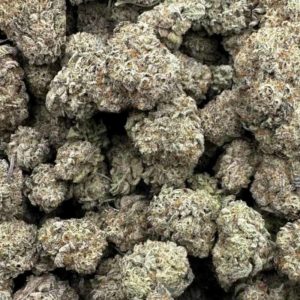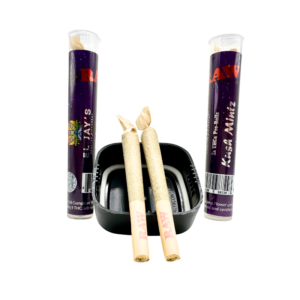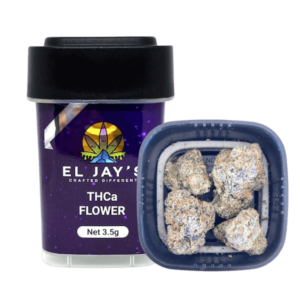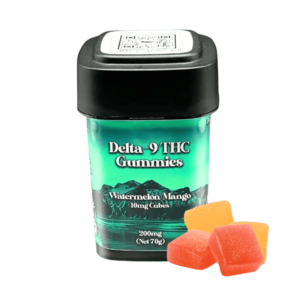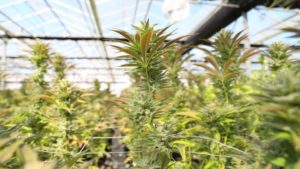
Exploring THCa Hemp Flower: Nature’s Therapeutic Treasure
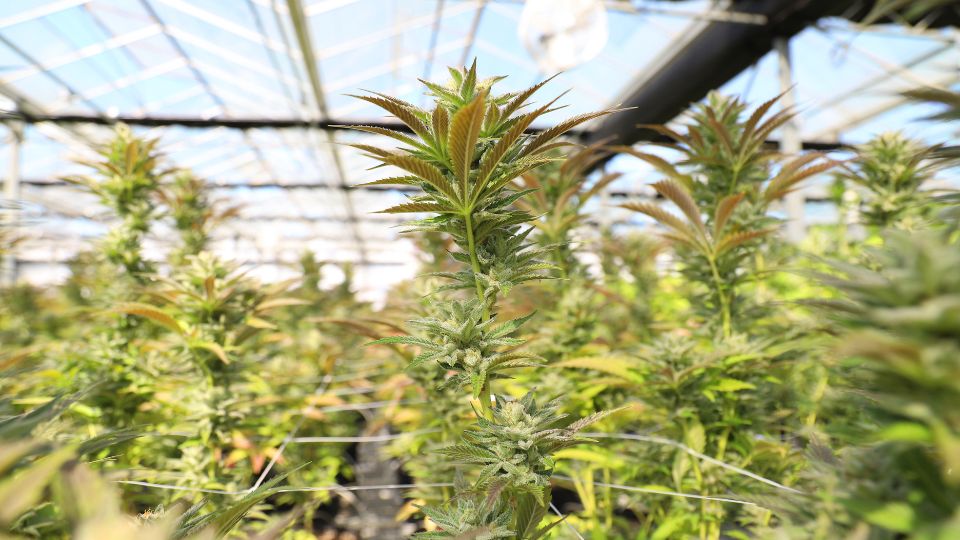
THCa Hemp Flower: A Glimpse into Nature’s Healing Arsenal
THCa hemp flower, the lesser-known sibling of CBD and THC, has gained remarkable attention in recent years for its potential therapeutic benefits. This cannabinoid-rich botanical treasure, derived from the hemp plant (Cannabis sativa), possesses unique properties that set it apart from its more famous counterparts.
In this comprehensive exploration, we delve into the world of THCa hemp flower, unraveling its origins, composition, potential health benefits, and how it fits into the evolving landscape of cannabis wellness.
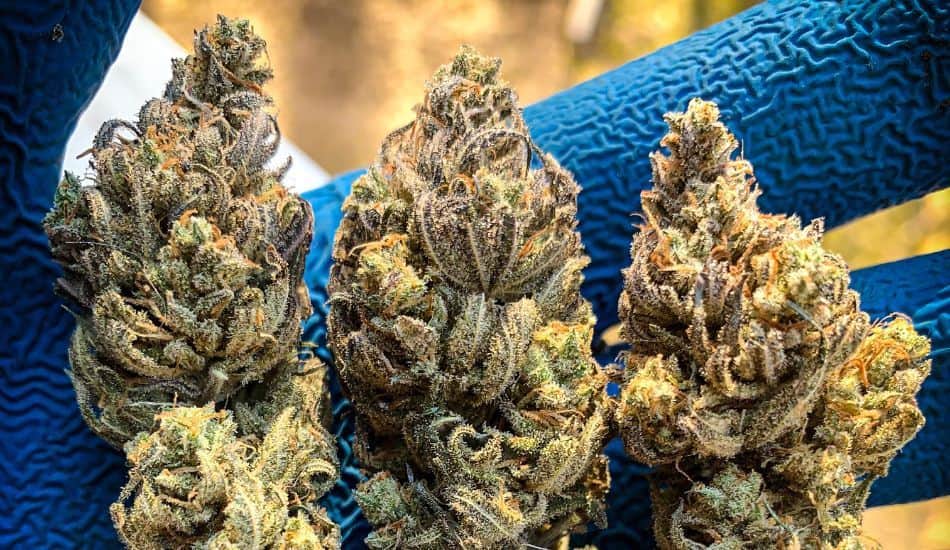
The Origin of THCa Hemp Flower
THCa, or tetrahydrocannabinolic acid, is a naturally occurring compound found in the raw cannabis plant, including hemp. Unlike THC (tetrahydrocannabinol), THCa is non-intoxicating, meaning it won’t induce the euphoric “high” associated with its decarboxylated form, THC.
This crucial distinction opens the door to a wealth of therapeutic possibilities, without the drawbacks of mind-altering effects.
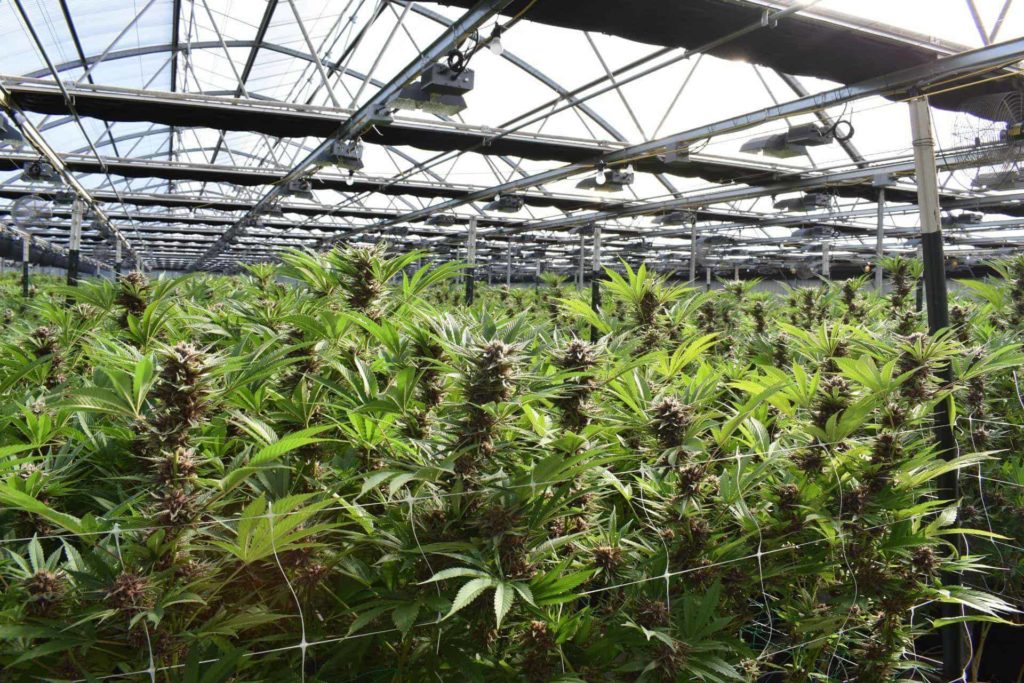
The Molecular Makeup of THCa
THCa exists in the form of crystalline structures on the surface of cannabis trichomes. Its chemical structure closely resembles that of THC, with a slight variation in the arrangement of atoms. This subtle difference is what prevents THCa from producing psychoactive effects when consumed in its raw state.
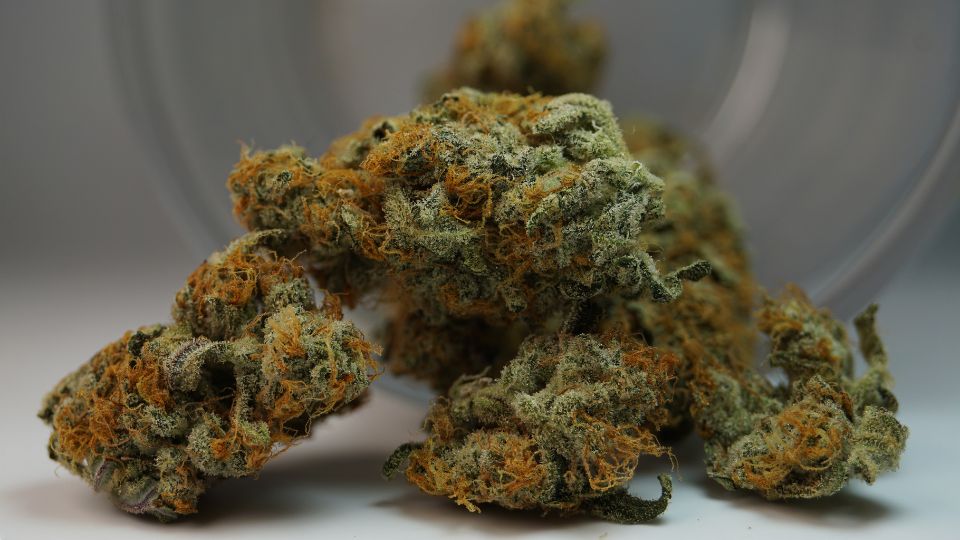
Do you want to learn more about the difference between THCa and THC. If yes, click here.
Only after heat is applied in a process called decarboxylation does THCa convert into THC, unlocking its intoxicating potential.
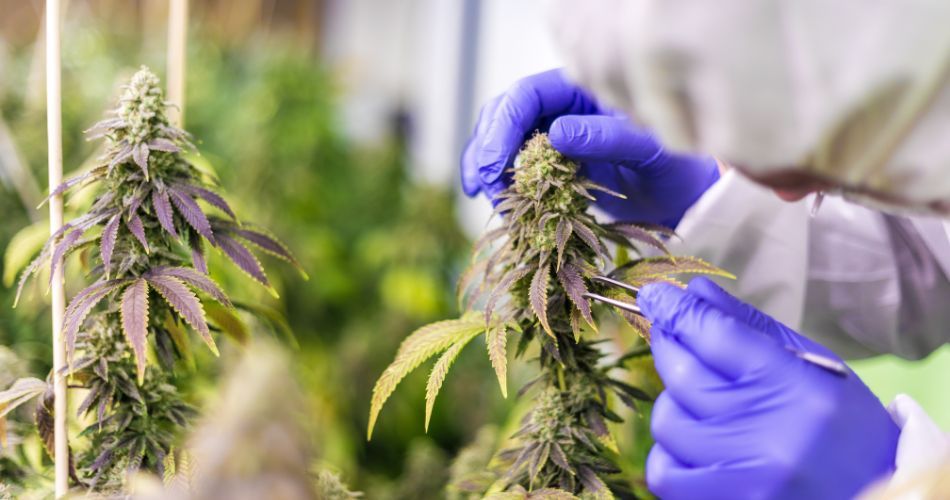
The Therapeutic Potential of THCa
While research into THCa is still in its infancy, preliminary studies suggest that it holds promise as a therapeutic agent. Some potential benefits of THCa include:
- Anti-Inflammatory Properties: THCa may exhibit potent anti-inflammatory effects, which could make it a valuable addition to holistic approaches for managing chronic inflammation-related conditions.
- Neuroprotective Qualities: Research indicates that THCa might offer neuroprotective benefits, potentially aiding in the treatment of neurodegenerative diseases like Alzheimer’s and Parkinson’s.
- Antiemetic Effects: THCa shows promise as an antiemetic, offering relief to individuals experiencing nausea and vomiting, especially those undergoing chemotherapy.
- Pain Management: Early findings suggest that THCa may have analgesic properties, which could be beneficial for those seeking alternatives to conventional pain medications.
- Antioxidant Power: THCa’s antioxidant properties could play a role in reducing oxidative stress and supporting overall well-being.
As these promising avenues of research continue to unfold, THCa’s potential to enhance our understanding of natural remedies and improve the quality of life for many becomes increasingly evident.
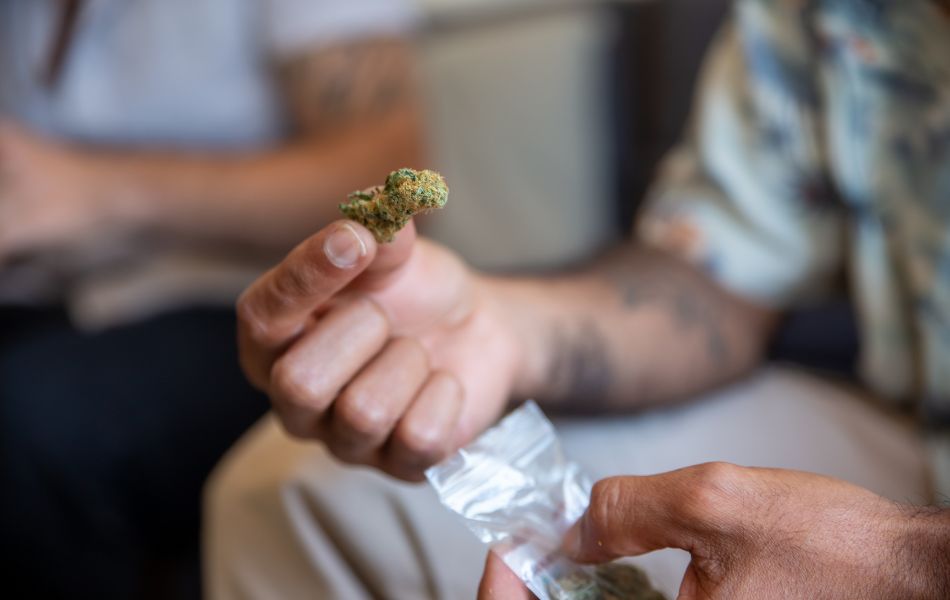
Consuming THCa Hemp Flower
One of the most appealing aspects of THCa hemp flower is its versatility in consumption. Here are some common methods:
- Raw Consumption: Simply eating raw cannabis leaves or flowers allows you to ingest THCa in its natural state. However, the taste may not be palatable for everyone.
- Juicing: Cannabis enthusiasts often juice raw hemp leaves to create a nutritious and potentially therapeutic beverage. This method preserves THCa and avoids the psychoactive effects of THC.
- Topical Applications: Some topical products contain THCa for localized relief. These can be applied directly to the skin, targeting specific areas of discomfort or inflammation.
- Tinctures: THCa tinctures, when properly prepared, provide a concentrated and controlled dosage option. A few drops under the tongue offer a discreet and efficient way to consume THCa.
This collective commitment will not only advance our understanding of THCa but also pave the way for its responsible and beneficial integration into holistic health practices.

The Legal Landscape
The legality of THCa hemp flower varies by region and is closely tied to local and national cannabis regulations. In many places, hemp-derived THCa with minimal THC content is legal, while in others, it may be subject to restrictions or require a medical prescription. Always research and adhere to local laws when considering THCa products.
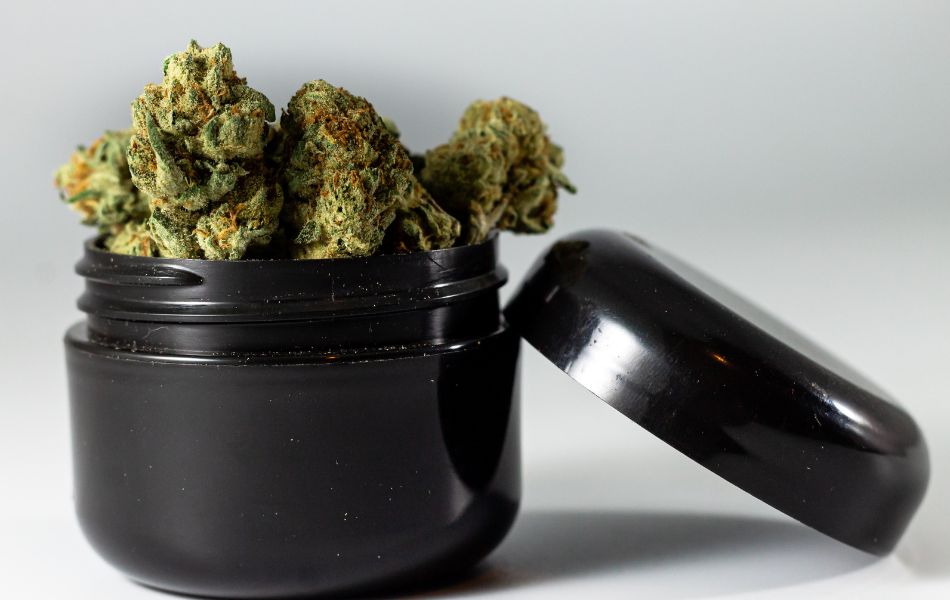
Challenges and Future Prospects
Despite its potential, THCa faces certain challenges on its journey to becoming a mainstream wellness product. These challenges include:
- Limited Research: The lack of extensive clinical research on THCa means that its therapeutic benefits are not yet fully understood or verified.
- Regulatory Hurdles: Evolving regulations and the classification of THCa as a controlled substance in some areas pose obstacles to its widespread availability.
- Standardization: Achieving consistent THCa content in hemp flower products can be challenging due to variations in cultivation and processing methods.
- Education: Raising awareness and educating consumers about THCa and its benefits is essential for its acceptance within the wellness community.
To overcome these challenges and secure THCa’s place in the wellness landscape, collaborative efforts among researchers, regulators, and advocates are imperative.

Conclusion: A Glimpse into the Future
THCa hemp flower represents a fascinating frontier in the world of cannabis wellness. Its potential to offer therapeutic benefits without the intoxicating effects of THC makes it a compelling option for those seeking natural remedies. As research continues to expand and regulations evolve, THCa’s role in holistic health and well-being may become increasingly prominent.
Whether you’re a seasoned cannabis enthusiast or new to the world of cannabinoids, THCa hemp flower invites you to explore the healing potential of this remarkable plant. Embrace the possibilities, but always do so responsibly and within the bounds of your local laws.
Contact Us
-
THCa Hemp Flower Pounds
- $850.00 – $1,500.00Price range: $850.00 through $1,500.00
- Select options This product has multiple variants. The options may be chosen on the product page
-
El Jay’s Wholesale Top Shelf THCa Hemp Flower Pre-rolls
- $8.00 – $2,000.00Price range: $8.00 through $2,000.00
- Select options This product has multiple variants. The options may be chosen on the product page
-
Wholesale Eighths of El Jay’s THCa Hemp Flower (3.5g)
- $15.00 – $1,400.00Price range: $15.00 through $1,400.00
- Select options This product has multiple variants. The options may be chosen on the product page
-
Wholesale Northern Lights Delta-9 Gummies (200mg Total Delta-9)
- $13.50 – $3,200.00Price range: $13.50 through $3,200.00
- Select options This product has multiple variants. The options may be chosen on the product page
More Posts

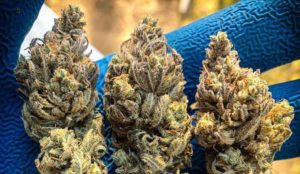
The Purity of THCa Hemp Flower: Why Spraying Is Unnecessary and Undesirable

How Long Does THCa Stay in Your System?


